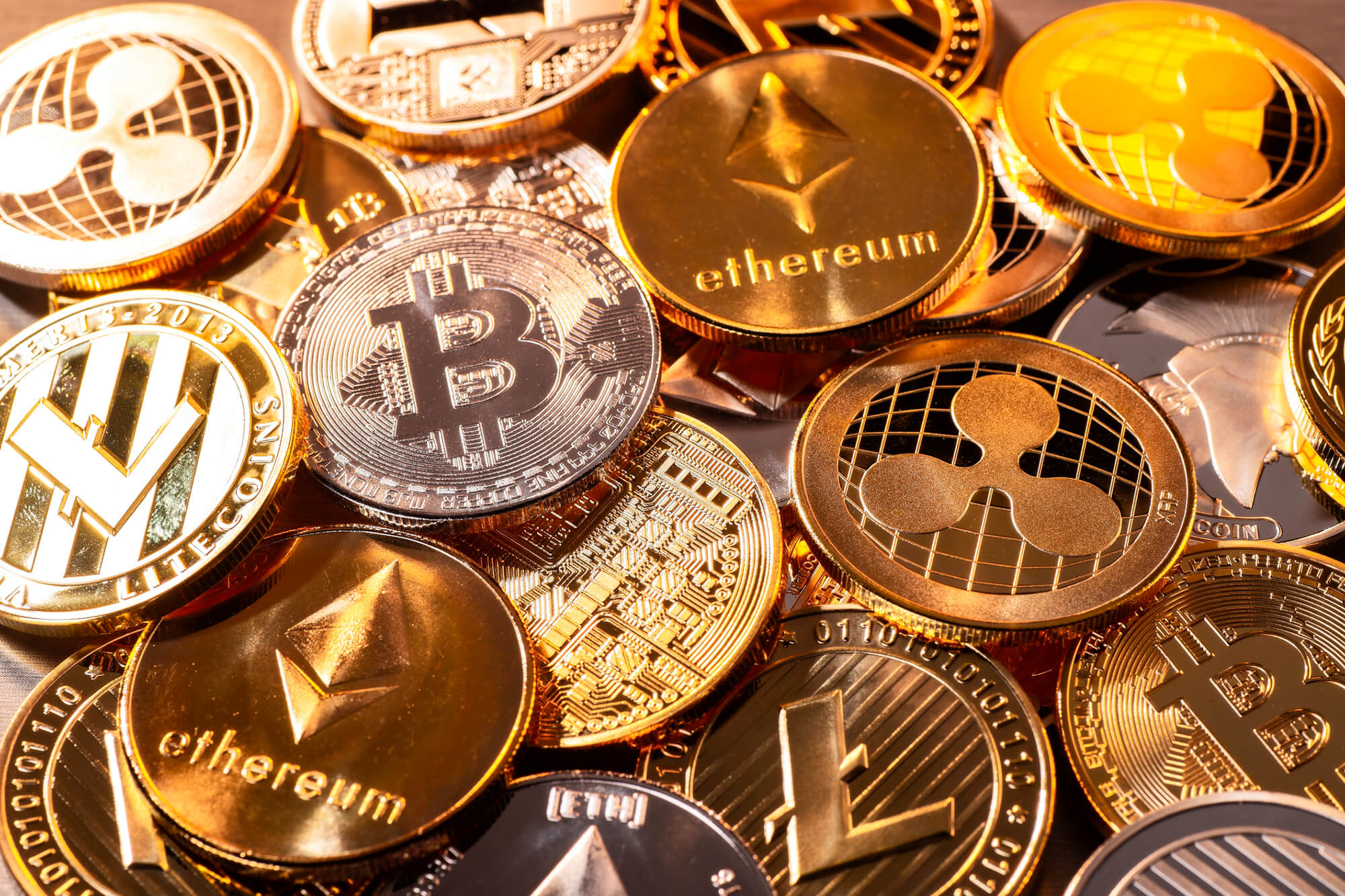Hobbies are activities outside work that people engage in to pass their time and relax. Plus, most engage in their hobbies to unwind and gain a sense of accomplishment.
Different hobbies you can try out range from knitting to coin collection. With coin collection, you get to gather and keep historic and rare coins released decades and even hundreds of years ago. Numismatics indeed is a highly interesting hobby to have.
Yet did you know that coin collecting can be a lucrative venture too? Ancient and limited-release coins are believed to be extremely valuable, especially in the coin collectors’ market today. You may not know it but you may have a one-of-a-kind coin that’s worth millions and has hundreds of collectors lining up and willing to pay the price.
Coin Collection Appraisal 101: Tips To Know
Nonetheless, how will you, as a coin collector, understand what all of your coins are worth if you don’t practice periodic coin appraisal? Having an appraisal done will assist you in classifying and separating your collection’s most valuable coins from the rest.
Unless you’re a certified coin appraiser yourself, it’s recommended that you reach out to a professional coin appraiser to aid you in determining the current value of your coins. They have a particular set of standards for testing such as the year the coins are made, the coins’ history, and the like. With their years of experience, an expert coin appraiser can provide you with an accurate and current figure of your coins’ market value.
Before rushing out to the nearest appraisal center, here are a few pointers to help collectors like you get the best appraisal information for their coin collections:
- Get More Information On Each Coin
Not all coins have the same monetary value in the market. It’s best to keep in mind that the appraised value is vastly different compared to the sentimental value most collectors tag their coin collections.
Since there are so many coins for sale online, the collector should do their homework about the specific coin they want to buy or the existing ones in their collection before taking them for appraisal. It’ll avoid any disappointment if the collector finds an estimation of the worth based on the coin’s information before getting accurate information from the appraiser. It’s recommended to conduct research about the coin’s history, release date, current supply, and the like.
The more information a person can find on a coin, the more informed their decision will be regarding the sale and purchase of their collection. It also gives them an understanding of what the appraiser will look for during the appraisal process before coming up with a certain figure.
- Divide The Collection Into Easy-to-manage Sections
After learning about all of the different coins and their estimated values, a person can divide their collection into sections containing coins with similar qualities. Keeping them organized in this way will make it easier for the appraiser to determine how valuable everything is.
If the person viewing the collection must sift through a large number of items, they may not find it valuable because it’ll consume too much of their time. Another reason an appraiser prefers neatly displayed coins is to keep them safe from rusting or others that may damage the coin face.
Keeping the collection organized will also assist the collector in properly caring for the items because they’ll be able to quickly evaluate the entire section to determine if they require special attention before sending them off to the appraiser.
- Closely Guard All Rare Coins
Although people who have other hobbies will not consider insuring their tools or crafts, still coin collectors should consider insuring their collection. Since some items may be worth millions of dollars, there’s always a greater risk that they’ll go missing, get damaged, and others.
People send their valuable jewelry, coins, diamonds, and other items for appraisal, only to find that the objects seem different when they return. Sometimes, appraisers switch things for less valuable counterfeits, like fake gold coins, without the collector noticing it at first.
Finding a reputable and reliable appraisal service will prevent this from happening, so collectors should only take their items to those known for their professionalism and integrity.
- Find A Knowledgeable Appraiser
Appraisers will usually have a specific niche that they’d focus on for validating the worth of various items. Someone who values cars may not place the same value on a necklace that someone has to show. It means that the collector will have to find a knowledgeable appraiser with the necessary know-how to accurately place a value on the coin collection or its items.
Usually, appraisers will have years of experience working with specific things to know all about them. If the purported appraiser can’t give the collector an indication of whether they have a prize-winning item on their hands, it may be best to start looking for another appraiser.
If a collector is in doubt, they can ask around on forums for collectors or search for reviews of the appraiser online; it’ll ensure that the collector finds the right person for the job and others in the same field can provide their valuable input for making the best choice.
- Understanding The Different Values
As with all collections, some items may fetch a higher price on the market than others. Coins’ value may differ in their worth depending on the criteria that appraisers use in their appraisal.
Coins will also have four values: replacement value, bid value, numismatic value, and bullion value. These will all differ from coin to coin. And the appraiser will be the best person to ask about these individual values and what they’ll mean to the item and the collection.
A short description of each of these values below will make it clear to understand:
- Replacement value: If the coin is lost, this is the value to replace it.
- Bid value: When the collector wants to sell the coin, this will be the amount they can ask.
- Numismatic value: This is the nostalgic value of the coin according to its demand among collectors.
- Bullion value: A coin that a smelter can melt down will have a bullion value depending on the material used like silver, gold, platinum, and the like.
Collecting All The Facts
Collectors may have difficulty deciding which of the coins in their collections are worth more than their face value – this is where appraisals come in. Leaving something as important as that in the capable hands of a professional will ensure that the collector understands how valuable their collection is instead of guessing. Hopefully, the tips enumerated above can help you in your coin collection appraisal journey.

Krishna Murthy is the senior publisher at Trickyfinance. Krishna Murthy was one of the brilliant students during his college days. He completed his education in MBA (Master of Business Administration), and he is currently managing the all workload for sharing the best banking information over the internet. The main purpose of starting Tricky Finance is to provide all the precious information related to businesses and the banks to his readers.




